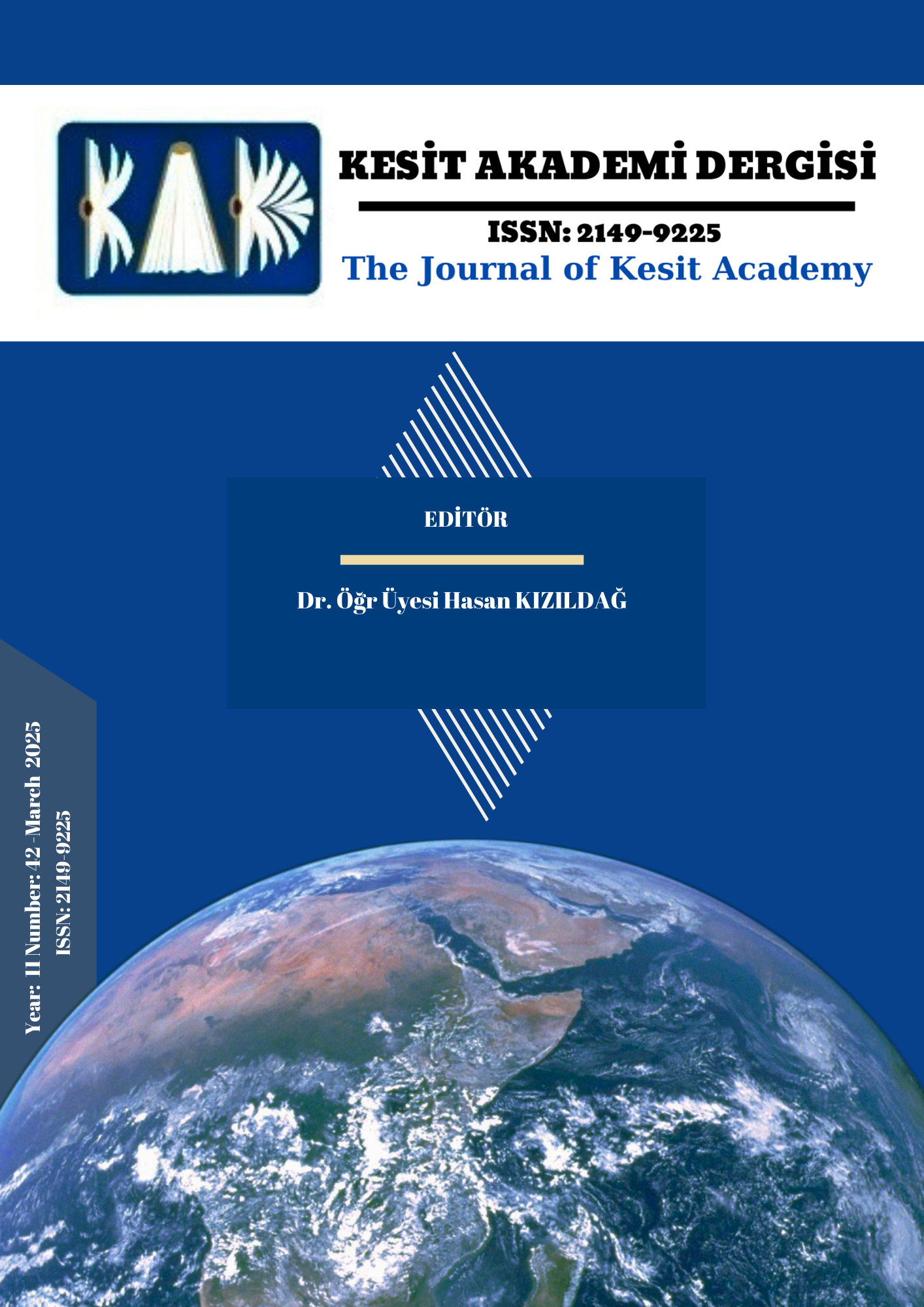Author :
Abstract
Fanatizm, kişinin aidiyeti ve kimliğiyle ilişkilendirilmiş tutkulu, dışlayıcı, rasyonel olmayan bir bağlanma biçimidir. Eleştirel düşünmeye açık olmama, bireysel farklılıkları ve alternatif yorumları değersizleştirme, bir fikre aşırı bağlanma ve gerekirse bu uğurda şiddet kullanmaktan çekinmeme fanatik birinin temel özellikleri arasında yer almaktadır. Bu anlamda fanatizm keskin ve net hatlara sahip ve ötekileştirmeye dayalı bir tutum biçimdir. Oysa demokrasiye inanan biri farklı olasılıklara ve eleştirel düşünmeye açık, ötekini anlama ve onunla tartışma yeteneğine sahip ve bunu yaparken şiddet kullanmayı aklından geçirmeyen biridir. Doğal olarak fanatik tutum biçimi, demokratik ortamı tehdit etmektedir ve bu nedenle fanatizmin nedenlerinin ne olduğu ve bu konuda neler yapılabileceği önem arz etmektedir. Bu çalışma fanatizm olgusu ve fanatik zihniyeti, ilgili literatür bağlamında ele alarak fanatizmin olası nedenlerinin ne olduğunu ve demokratik yaşamı nasıl tehdit edebileceğini tartışmayı amaçlamaktadır. Çalışmanın sonunda, toplumsal kırılmaların, belirsizlikten kaçma isteğinin, güvende hissetmenin, toplumsal ve bireysel kimliğe ilişkin sorunların, eğitim sistemine ilişkin temel problemlerin, sevgi eksikliğinin ve toplum tarafından onaylanmamanın olası nedenler olduğu görülmektedir. Fanatizm tarihsel süreç içinde farklı formlara bürünse de onun insan doğasına ilişkin evrensel bir yönü bulunmaktadır. Bu nedenle fanatik tutum ve eyleme biçimleri ile yeterli mücadele edilmez ise demokratik ortama önemli bir tehdit oluşturabileceği değerlendirilmiştir.
Keywords
Abstract
Fanaticism is a passionate, exclusionary, irrational form of attachment associated with one's belonging and identity. Not being open to critical thinking, devaluing individual differences and alternative interpretations, excessive attachment to an idea and not hesitating to use violence for this cause if necessary are among the main characteristics of a fanatic. In this sense, fanaticism is an attitude that has sharp and clear lines and is based on marginalization. On the other hand, a person who believes in democracy is open to different possibilities and critical thinking, has the ability to understand and discuss with the other and does not think of using violence in doing so. Naturally, fanatical attitudes threaten the democratic environment and therefore it is important to understand what causes fanaticism and what can be done about it. This study aims to discuss the phenomenon of fanaticism and fanatic mentality in the context of the relevant literature and to discuss what the possible causes of fanaticism are and how it can threaten democratic life. At the end of the study, it is seen that social fractures, the desire to escape from uncertainty, feeling safe, problems related to social and individual identity, fundamental problems related to the education system, lack of love and disapproval by society are possible causes. Although fanaticism has taken different forms in the historical process, it has a universal aspect related to human nature. For this reason, it has been evaluated that fanatical attitudes and forms of action can pose a significant threat to the democratic environment if they are not adequately combated.





